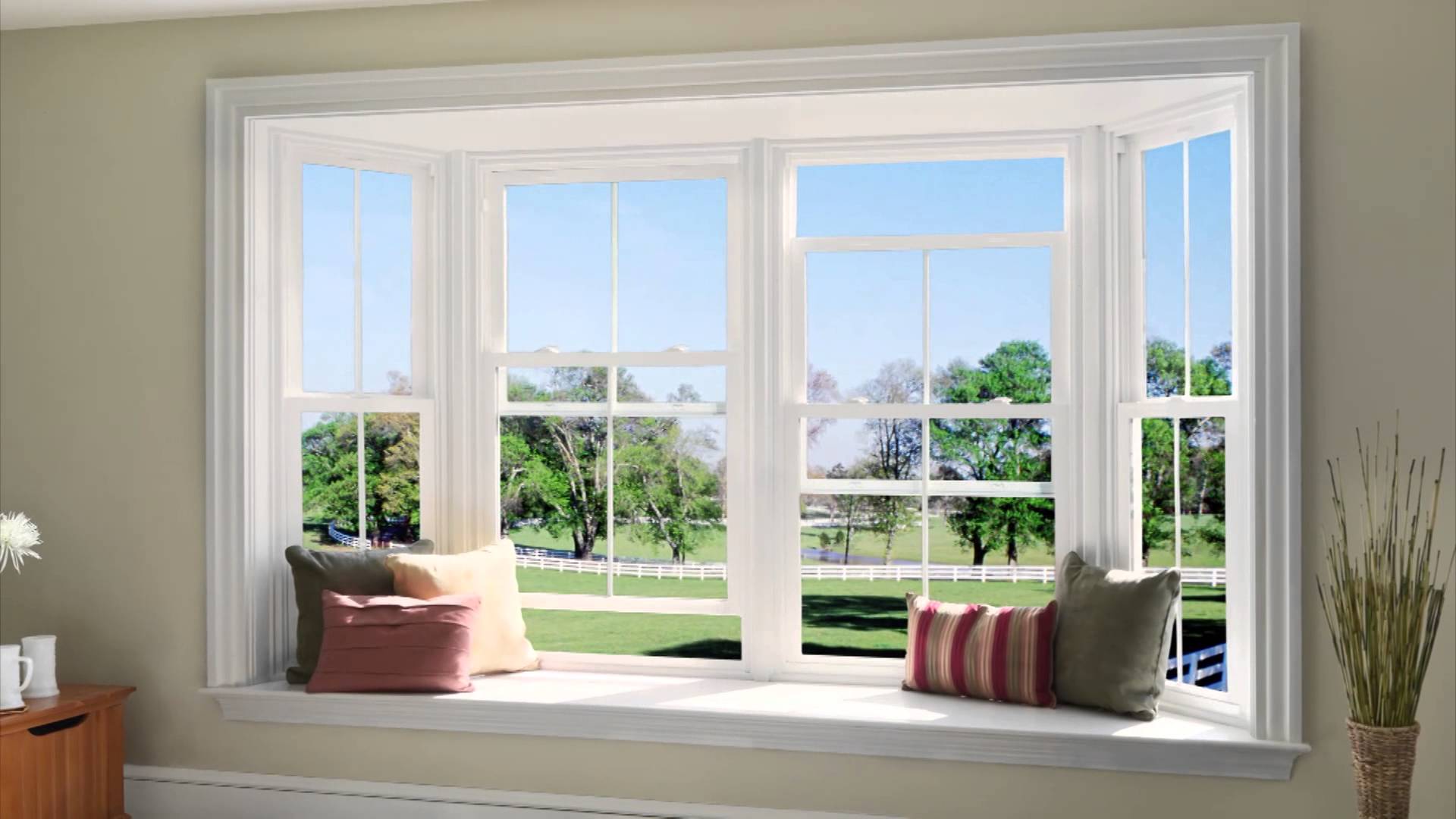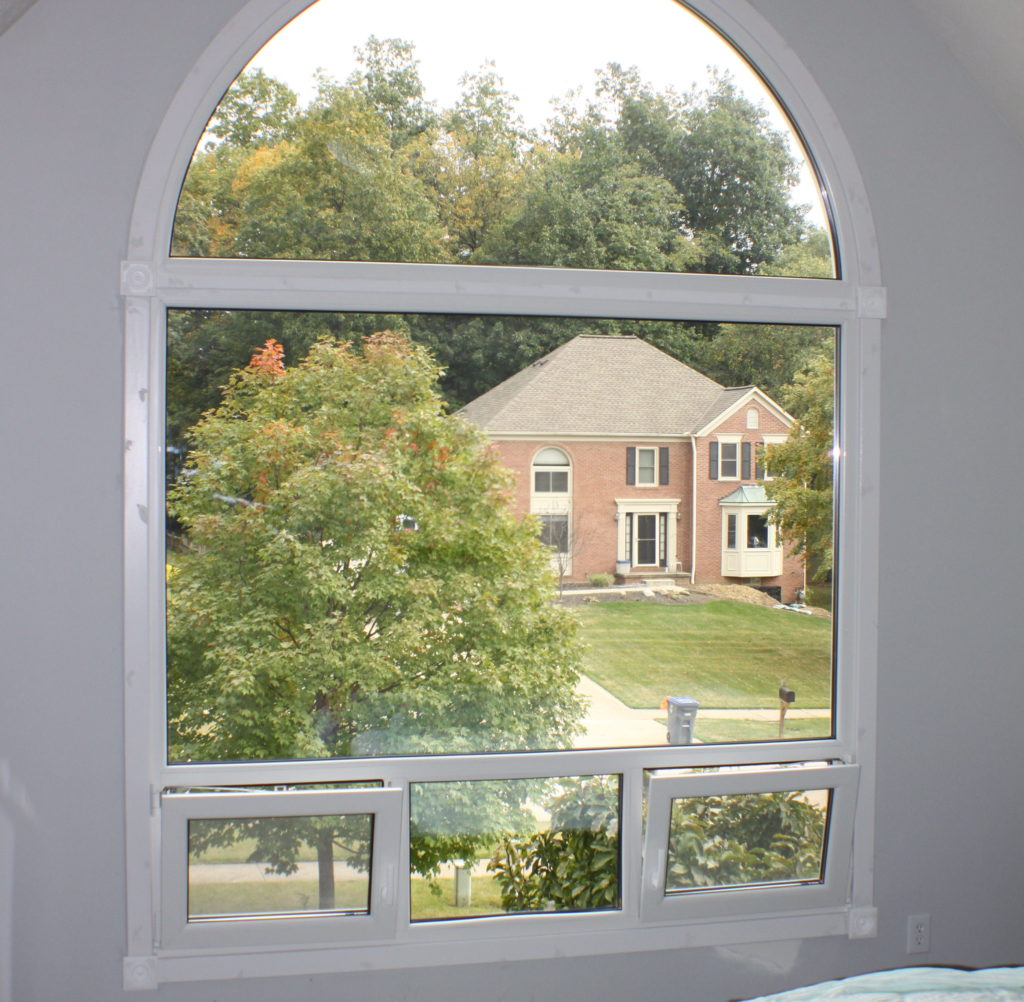Originating in 1959, vinyl windows became a go-to for many homeowners thanks in part to their affordability. Compared to wood windows, vinyl ones are much more affordable. In addition, there have been many enhancements made over the past 20 years that make them more appealing and durable.
What Are Vinyl Windows Made Of?
When speaking of a window’s materials, this applies to its framing area. Currently, you can buy windows in a variety of materials such as wood, aluminum, and vinyl.
So, what is vinyl? According to the Window Depot, vinyl is an advanced polymer named Poly-vinyl Chloride, also known as PVC. This is the same material you’ll find in a home’s piping and other components such as window blinds.
What makes vinyl unique is its flexibility. Typically, manufacturers design the PVC around its purposes. Therefore, in the case of windows, builders apply chemicals to make the PVC resistant to sun damage while also providing excellent thermal performance.


